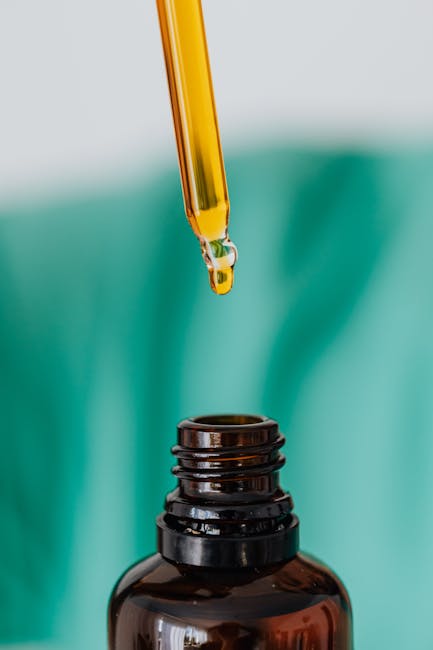What is a Whippet? Understanding the Drug
The term “whippet” in the context of drugs refers to a colloquial name for nitrous oxide (N2O), a colorless, odorless gas often sold in small, silver canisters. While it has legitimate medical uses as an anesthetic, its recreational use is increasingly concerning. The name likely stems from the exhilarating, short-lived high it produces, likened to the speed of a whippet dog.
The Allure of Whippets: Why People Use Nitrous Oxide Recreationally
The appeal of whippets lies primarily in their readily available nature and the relatively low cost compared to other recreational drugs. The effects are fast-acting and relatively short-lived, often described as a euphoric feeling, lightheadedness, and a sense of detachment. This brief, intense experience can be attractive to individuals seeking a quick escape or altered state of consciousness. Unfortunately, the ease of access and perceived harmlessness mask significant risks.
The Dangers of Whippet Abuse: Short-Term and Long-Term Effects
While the immediate effects might seem benign, chronic or excessive use of nitrous oxide can lead to severe health consequences. Short-term effects can include:
- Headaches: Often intense and debilitating.
- Dizziness and lightheadedness: Can lead to falls and injuries.
- Nausea and vomiting: Can cause dehydration and electrolyte imbalances.
- Fainting: Especially dangerous if occurring in unsupervised settings.
- Reduced coordination and impaired judgment: Leading to accidents and risky behaviors.
Long-term abuse can result in far more serious problems:

- Vitamin B12 deficiency: Leading to nerve damage, anemia, and neurological problems.
- Peripheral neuropathy: Numbness, tingling, and pain in the extremities.
- Bone marrow suppression: A decrease in blood cell production.
- Mental health issues: Including depression, anxiety, and psychosis.
- Respiratory problems: From inhaling the gas directly from the canister.
- Sudden death: Due to oxygen deprivation and heart problems.
The Legal Ramifications of Whippet Possession and Use
The legality of nitrous oxide varies depending on jurisdiction and intended use. While it’s legal to purchase for legitimate purposes (like dental procedures), recreational use and possession can carry legal penalties. These penalties can range from fines to imprisonment, depending on the amount possessed and local laws. It’s crucial to understand the legal implications in your specific area.

Whippets and Addiction: Recognizing the Signs and Seeking Help
Like any substance, nitrous oxide can be addictive. Recognizing the signs of addiction is vital for intervention. These signs might include:
- Increased frequency of use
- Obsessive thoughts about obtaining and using whippets
- Neglecting responsibilities due to whippet use
- Withdrawal symptoms upon cessation of use
- Attempts to hide or conceal whippet use
- Continued use despite negative consequences
If you or someone you know is struggling with whippet addiction, seeking professional help is crucial. There are resources available, including addiction treatment centers, support groups, and mental health professionals, who can provide guidance and support.
Prevention and Education: Combating Whippet Abuse
Preventing whippet abuse requires a multi-faceted approach. Education plays a crucial role in informing young people about the risks associated with nitrous oxide inhalation. Open conversations about the dangers and long-term consequences can help deter experimentation. Furthermore, stricter regulations and controls on the sale and distribution of nitrous oxide can help limit its accessibility.
The Role of Parents and Educators
Parents and educators have a critical role in raising awareness among youth. Educating them about the harmful effects of nitrous oxide and the potential consequences of recreational drug use is essential. Open communication and fostering a supportive environment can encourage young people to seek help if they are struggling or considering using whippets.
Seeking Help for Whippet Addiction
If you or a loved one is struggling with whippet addiction, please seek help immediately. Don’t hesitate to reach out to a healthcare professional, addiction specialist, or a support group. There are resources available, and recovery is possible.

Conclusion: A Call to Action
Whippet abuse is a serious issue with potentially devastating consequences. By understanding the risks, promoting education, and providing accessible support resources, we can work together to combat this growing problem and protect individuals from the harmful effects of nitrous oxide.

